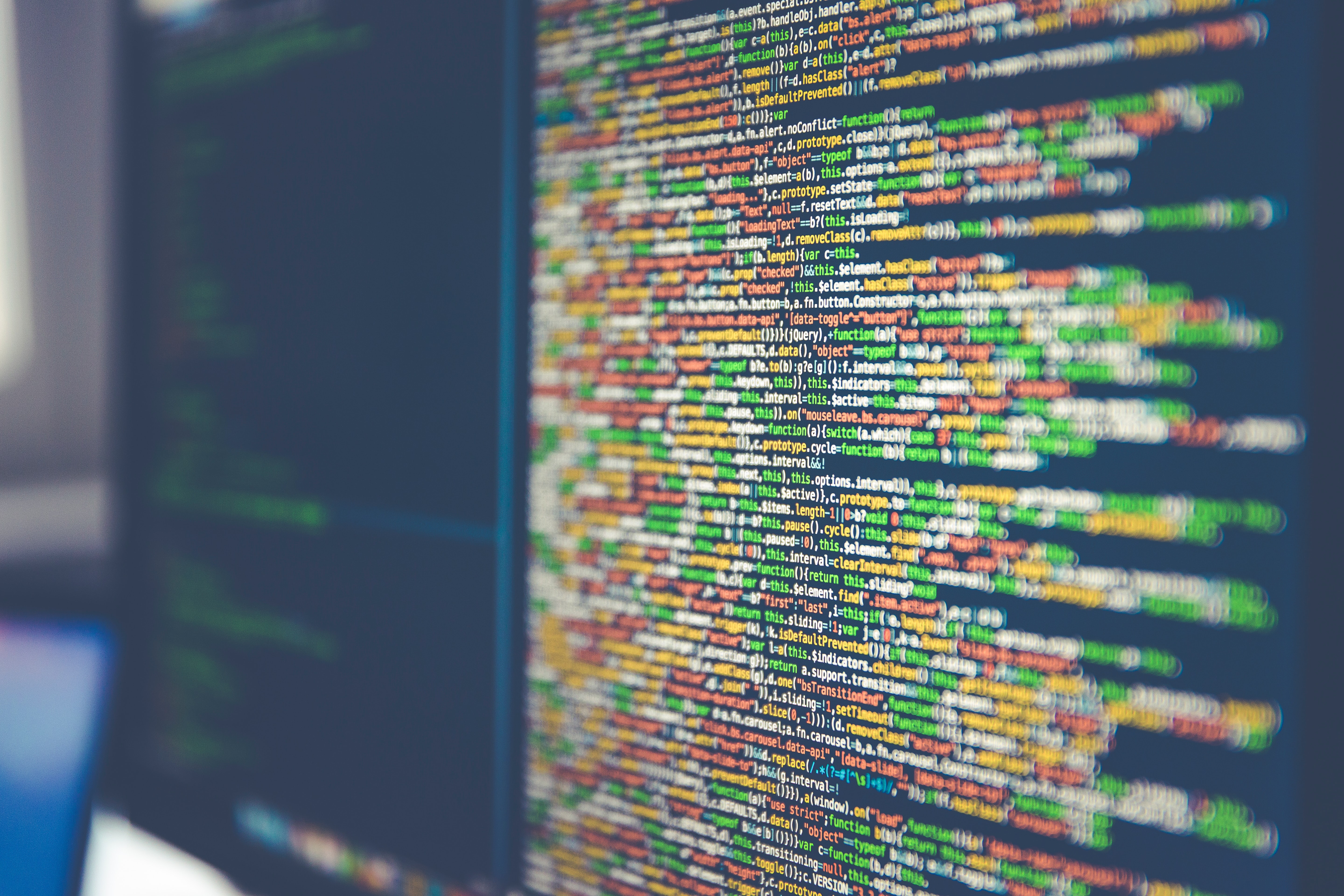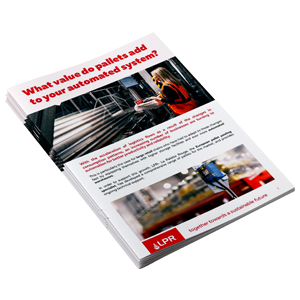The supply chain is a sector that has seen much innovation in recent decades. Yet there are still plenty of opportunities to keep improving and streamlining it.
Blockchain technology has already proven to be an effective tool for issuing monetary transactions, especially in sectors like finance where they are very common.
But today, contrary to popular belief, the blockchain is no longer limited to crypto-currencies. It is increasingly finding its way into new areas such as insurance, aviation, health, and the supply chain.
In this article, we talk about how the blockchain is already improving the supply chain and why this technology is likely to become one of the greatest logistics revolutions in history.
Quick Navigation:
II. Blockchain in the supply chain
III. The blockchain revolution in the supply chain
IV. Blockchain in action: applications to use in your supply chain
I. What is the blockchain?
1. Definition
Blockchain is a technology used to store and exchange data. It is an incorruptible digital ledger of transactions that can be programmed to record not only financial transactions, but virtually anything of value.
It is a database that can be shared between different entities, each of them having a copy of the data. The blockchain was designed as an open source technology, which means that anyone can use or modify it for free under certain conditions.
Blockchain is considered by many to be one of the most secure forms of digital archiving available today. It uses cryptography to ensure that all changes made are kept intact and unaltered, creating immutable data for every action performed on the network. This means that once something has been written on a blockchain, it is impossible to erase it. In fact, doing so would require simultaneously hacking every computer connected to that network – a virtually impossible task!
2. How does blockchain work?
The blockchain is a decentralised ledger that records transactions.
It is made up of units called blocks, which are like the pages of a ledger and contain batches of individual transactions.
When a new transaction occurs, it is added as an additional "block" at the end of the chain. Each block contains information about its own creation as well as all past transactions within the chain. The complete history of each transaction remains publicly visible on each member computer of the network in its entirety.
Each block of transactions added to the blockchain is secured by a cryptographic hash function, which ensures that information cannot be changed unnoticed.
The hash is also used to reference previous blocks that have been added to the chain, providing an immutable record of all previous transactions. It can only be updated by consensus of network participants, who must agree before making changes to their respective copies. This allows blockchain networks to agree on the state of the system and prevents data tampering or unauthorised spending.
3. What is the difference between a public blockchain and a private blockchain?
The differences between a public blockchain and a private blockchain are:
-
Private blockchain = decentralised database, with a unique owner: the company or institution that uses it.
-
Public Blockchain = decentralised database that does not have a single owner, but is shared by all participants. A typical example would be the Bitcoin blockchain.
II. Blockchain in the supply chain
Supply chains are a complex network of transactions and information, made up of many parts: manufacturers, distributors and retailers.
Blockchain could therefore be a game-changer in supply chain management and logistics in the coming years.
1. The benefits of blockchain in the supply chain
In recent years, there has been an increase in the number of companies using blockchain technology to manage the supply chain process. This is because it offers several advantages over traditional methods, including:
-
Automated tracking of goods from point of origin to point of sale.
-
Reducing the risk of fraud or data falsification: the blockchain guarantees the quality of products by preventing the counterfeiting or alteration of ingredients or materials used during manufacturing processes.
-
Better visibility of supply chain operations: with faster resolution of problems when they arise. In particular, it allows companies to have greater visibility of the products they buy and sell. The ability to track data helps companies monitor the quality of their products, as well as their compliance with regulations such as food safety and environmental standards.
-
Improved shipping processes: Blockchain technology offers faster access to real-time information than traditional methods. E-mails or faxes, for example, often get lost in transit or take too long to arrive.
-
Cost reduction: by eliminating intermediaries, such as banks, or the use of trusted third parties, companies can make significant savings on transaction costs.
-
More transparency: The blockchain enters all parties into an agreement to check the terms, and to be kept informed when there is any kind of change. This allows all parties involved to easily verify that they are working with accurate information, and that there are no attempts at fraud.
-
Greater security: with blockchain technology, records are protected by cryptography, a coding method that makes them (almost) impossible to modify or hack without leaving a trace. This makes them more secure than traditional data storage solutions, like mail servers or traditional cloud servers, where anyone can access the data.
2. Blockchain players in the supply chain
Blockchain users in the supply chain are numerous. They can be :
-
blockchain technology providers: IBM, Oracle
-
manufacturers
-
distributors
-
transporters
-
retailers (including wholesalers)
-
insurance companies
-
and even consumers (like you and I).
III. The blockchain revolution in the supply chain
1. First promising results
The first results of the blockchain in the supply chain have been very promising.
Blockchain is still a new technology and many challenges remain, but it has the potential to revolutionise supply chain management. It is used to track shipments, verify product quality and reduce fraud. It also helps companies save money and make more informed decisions about their supply chain.
Industry leaders are already using blockchain in their supply chains. These include Walmart, which has set up a private blockchain network to track meat from farm to table. Maersk, one of the logistics giants, uses it to ship containers around the world and ensure their traceability.
2. The future of blockchain for supply chain management
Supply chains are becoming increasingly complex due to globalisation and increasing competition. In order to meet customer expectations, companies must therefore be able to track their products from origin to destination while ensuring that no information is lost along the way.
The use of blockchain technology has been shown to improve transparency and traceability while reducing costs. In particular, it eliminates the need for intermediaries who often add little value and are expensive.
The future is bright for blockchain as it offers many advantages over traditional methods of managing supply chain data.

IV. Blockchain in action: applications to use in your supply chain
Supply chain blockchain applications have already been implemented in various industries. Smart-contracts and VeChain are two technologies already used extensively to improve supply chain management.
1. VeChain at the service of traceability
VeChain is a Chinese company that offers blockchain solutions for businesses. There are several solutions offered by VeChain:
-
Supply Chain Management Solutions - This solution allows companies to track their products through the production process and verify how they were manufactured and then transported. This solution can also be used to trace the origin of any defect, improving quality control processes.
-
Internet of Things (IoT) Solutions - IoT devices are increasingly being used in manufacturing plants as they can help monitor production lines more accurately than humans. This solution enables real-time monitoring of products and how they are handled by workers during production processes, which also helps reduce accidents and waste due to human error or negligence.
-
Anti-Counterfeit Solutions - This solution is used by luxury brands such as Louis Vuitton, Gucci, Hermès etc. These brands were losing millions of dollars every year due to counterfeiting, so they partnered with VeChain as it offers the opportunity to prove the authenticity of products when selling online or in retail stores.
2. Intelligent contracts, AKA smart contracts
The use of smart contracts in supply chain management enables more effective communication between the parties involved in a transaction.
The terms and conditions of a traditional contract can now be written into a smart contract, enabling automatic execution when the conditions are met. This eliminates the need for third-party intermediaries and reduces the costs associated with contract negotiation.
Finally, it also ensures that the contracts are not manipulated by any of the parties. Once registered in the blockchain, they can only be modified if all of the stakeholders agree.
Conclusion
In conclusion, the blockchain is a revolutionary technology for the supply chain. It will enable companies to create new business models and improve their customer experience.
The benefits of using blockchain in supply chain management are significant:
-
Better traceability
-
Wider collaboration
-
Elimination of intermediaries
-
Cost reduction
-
Increased security
With this in mind, it would not be surprising to see all those involved in the supply chain equip themselves with the latest blockchain technologies in the coming years.



